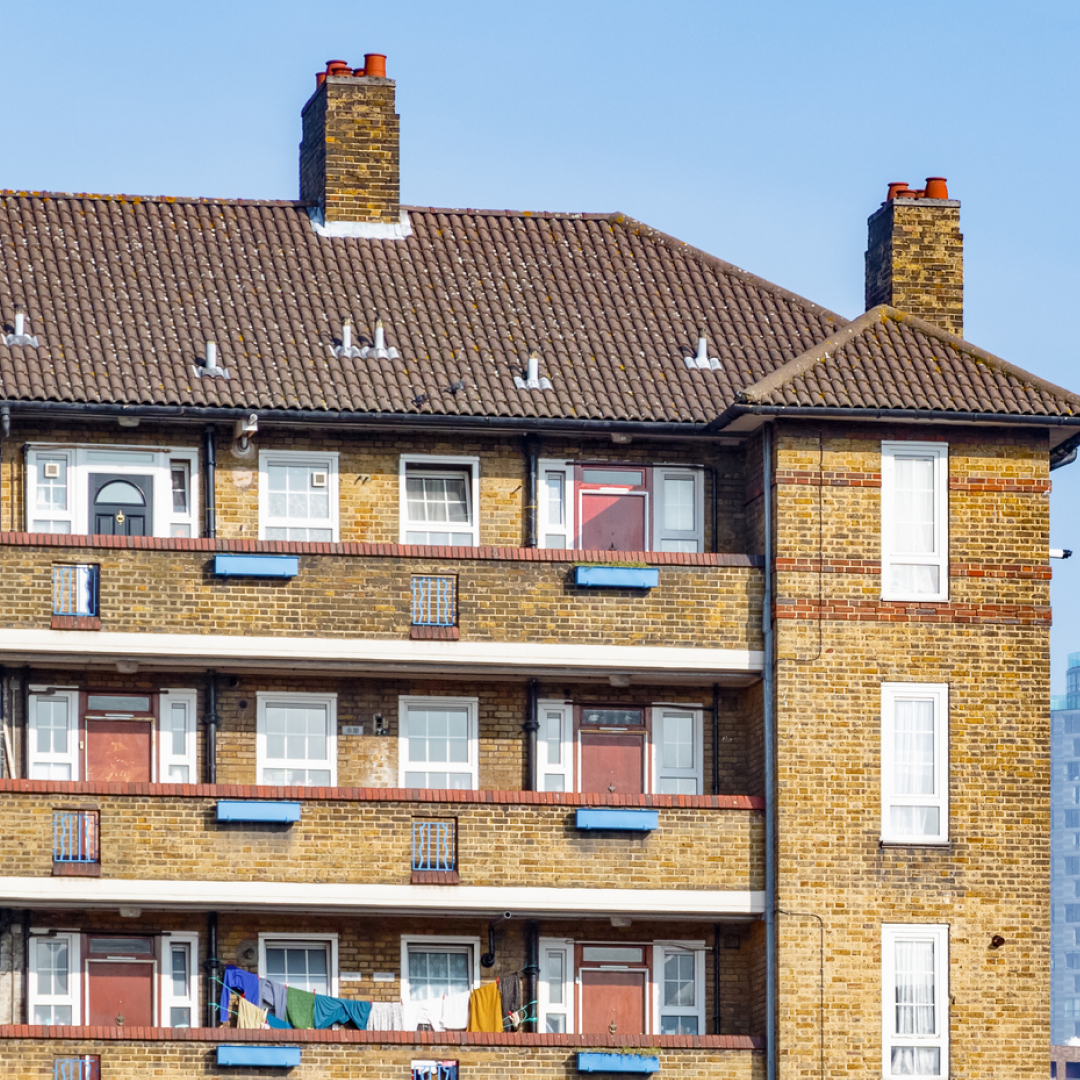Meinhardt Blog
Energy efficiency retro fit – why isn’t it top of your agenda?
Private Landlords of residential buildings, under PRS models or social rented schemes are required to have minimum C rated dwellings from December 2025 for new leases, and all leases will require this standard by 2028. Meinhardt UK MEP Director, Mark Bryan shares his thoughts on this topic below.

Energy efficiency and renewable energy are what brought me into this sector, from the in-depth lectures at the University of Reading on renewable forms of energy, something stuck. Why aren’t we all doing this? It seemed so simple back as a 20-year-old.
Forward 19 years, after various qualifications gained, I find myself leading a multi-disciplined consulting engineering business, yet that embedded interest remains.
Obviously, in those years, a multitude of regulations and policies have been passed, some successful, some failed. Yet whilst new build (excepting the energy performance gap), I’m still amazed that regulations and policies surrounding existing stock are so weak. The existing housing stock is still something like 25% of all the UK’s carbon dioxide emissions according to various sources.
With energy prices only going one direction, a policy which I believe may have flown under the radar is the Minimum Energy Performance of Buildings (No.2) Bill, which states that all Landlords of residential buildings, under private, PRS or social rented must hit a minimum of a C rating for all new lease agreements from December 2025.
Surely this at least provides a challenging target for which Regulations Part L1B and L2B (for non-domestic) have failed. Hopefully, this will go to the top of the agenda for landlords (even from a social, well-being, and economic point of view).
Meinhardt UK Ltd and their partners were engaged by one of the largest social rent developers and landlords in the UK to take a snapshot of their portfolio which found that 65% of their existing housing stock hit the C rating. Whilst that was higher than I was personally expecting it still leaves a substantial portfolio, in this case, potentially thousands, of dwellings that require energy efficiency improvements to meet that C standard.
The business was then engaged to put forward a series of recommendations and designs to take those D-rated dwellings and below to the bands above, C, B and A. Not only would these recommendations improve energy efficiency but also living environments and provide much-needed ventilation to houses and apartments.
Truth is, there are many ways to meet our net zero ambitions but without tackling what we have already, we won’t succeed.
By Mark Bryan. Get in touch for more details.
